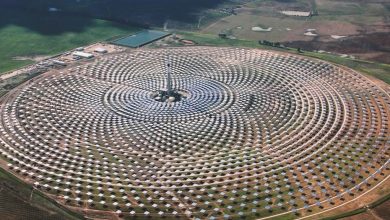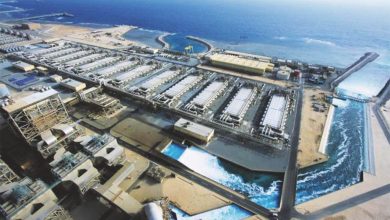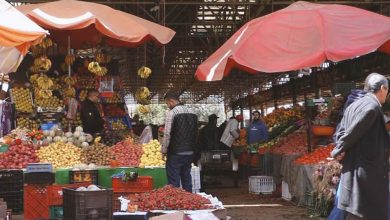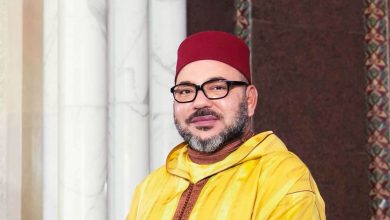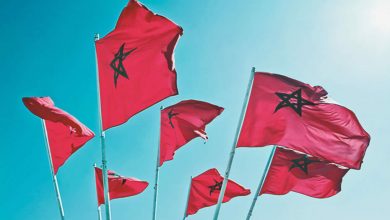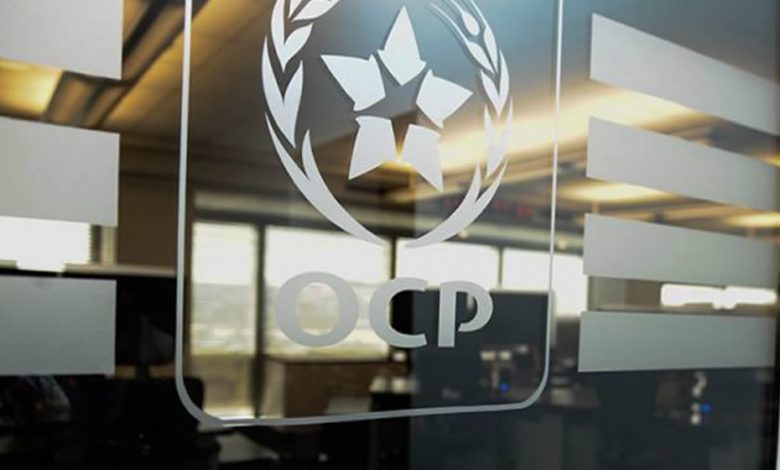
On August 07, 1920, the OCP Group (formerly: the Office chérifien des phosphates) was founded in Morocco. It is from this date that one of the most important figures in the Moroccan economy was born. It’s also one of the things that made Morocco the number one in Africa, since it is now one of the main exporters of raw phosphate, phosphoric acid and phosphate fertilizers in the world.
OCP occupies a special place in the industrial history of Morocco. In 2008, the Office was transformed into a Public Limited Company (OCP SA). It is one of the world’s leading exporters of raw phosphate, phosphoric acid, and phosphate fertilizers.
Mostafa Terrab is the head of the Group. OCP has nearly 20,000 employees, mainly located in Morocco at 4 mining sites and 2 chemical plants, as well as at other international sites. The Office has several subsidiaries inside and outside Morocco. In 2014, its revenue amounted to MAD 41.4 billion. Focus on this success story.
From the opening of the first mine to the creation of the OCP
Opening of the 1st mine in Boujniba
The OPC started its phosphate extraction and shipping processing activity on March 1, 1921. This date was particularly marked by the opening of the first mine in Boujniba, in the Khouribga deposit. This phosphate deposit is the richest in the world. It was also in 1921 that the transport of phosphate to the port of Casablanca began. This route made it possible to carry out the first export of phosphate on July 27, 1921.
Progressive industrial development
The Group’s production has gradually increased. In 1954, production reached 5 million tons. Since then, its production has continued to grow and has eventually exceeded the threshold of 10 million tons in 1964 and 20 million tons in 1979.
It was between 1951 and 1961 that drying and calcination facilities were developed in the Khouribga and Youssoufia regions. At this point, the Board’s objective is to continue to grow and win new international markets. In 1965, Maroc Chimie was in charge of the production of various phosphate by-products thanks to a factory built in Safi.
It was also in 1965 that the first exports of phosphate products began.
When the Cherifian Phosphate Office becomes the OCP Group
In 1975, the Cherifien phosphate office became the OCP Group.
The OCP Group is investing in the creation of new production lines (such as Jorf Lasfar). In 1982, construction work began on a new chemical plant.
These new industrial structures are intended for the production of sulphuric acid and phosphoric acid. They will become effective from 1986. In 1987, fertilizer production lines will follow.
In 1994, the OCP Group started a new mining project in Sidi Chennane, in the Khouribga area. The construction of the purified phosphoric acid plant in Jorf Lasfar will begin in 1996 and start-up in 1998.
And it was in 2008 that OCP became a public limited company.
The activities of the OCP group
The group’s activities are organized according to an integrated model that covers all operations in the value chain, i.e: From the extraction of phosphates to the production and marketing of various products (including fertilizers and phosphoric acid).
The Office plays an important economic and social role in Morocco. In 2010, phosphates and their derivatives accounted for nearly a quarter of the country’s exports and approximately 3.5% of GDP.
Since 2007, the OCP group has been planning to double its annual phosphate production capacity until 2017. But also to triple its fertilizer production until 2020.
The strategies and commitments of the OCP group
Economic Leadership: OCP aims to consolidate its position as an industry leader to ensure long-term economic growth for the benefit of all its stakeholders.
Environmental management: Sustainable development and environmental protection are part of the foundations of the Group’s practices. The use of the most advanced technologies makes it possible to minimize the environmental impacts of the Group’s activities while improving the living conditions of its ecosystems.
Social commitment: OCP provides its close communities with services in the fields of health, education, culture, etc… The Group supports millions of farmers around the world in sustainably improving their productivity through sustainable fertilization. The Group also offers its agricultural extension services to help farmers in Morocco and other emerging countries to increase their agricultural productivity.

